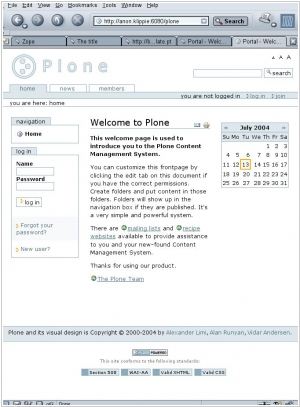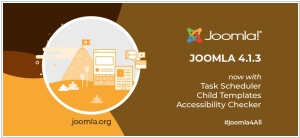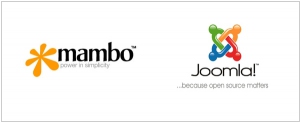Joomla vs Plone
May 17, 2023 | Author: Michael Stromann
3

Plone is a free and open source content management system built on top of the Zope application server. In principle, Plone can be used for any kind of website, including blogs, internet sites, webshops and internal websites. It is also well positioned to be used as a document publishing system and groupware collaboration tool. The strengths of Plone are its flexible and adaptable workflow, very good security, extensibility, high usability and flexibility.
Joomla and Plone are both content management systems (CMS) that cater to different needs and priorities. Joomla is a user-friendly CMS known for its ease of use, extensive community support, and a wide range of templates and extensions. It is a popular choice for individuals, small businesses, and non-profit organizations looking for a straightforward CMS that offers flexibility and a good balance between simplicity and functionality.
On the other hand, Plone is an open-source CMS built on the Python programming language. It emphasizes security, content management, and collaboration. Plone provides a streamlined and intuitive interface for managing content, making it well-suited for organizations that prioritize content organization, collaboration, and security features. It is commonly used for content-heavy websites, intranets, and collaborative platforms.
See also: Top 10 Enterprise Portals
On the other hand, Plone is an open-source CMS built on the Python programming language. It emphasizes security, content management, and collaboration. Plone provides a streamlined and intuitive interface for managing content, making it well-suited for organizations that prioritize content organization, collaboration, and security features. It is commonly used for content-heavy websites, intranets, and collaborative platforms.
See also: Top 10 Enterprise Portals
Joomla vs Plone in our news:
2022. Joomla recommends to upgared to 4 version

Joomla, the free and open-source CMS designed for publishing web content, has recently launched two new versions: Joomla 4.1.3 and 3.10.9. These updates include bug fixes and various enhancements, such as the addition of a task scheduler, child templates, and an accessibility checker. Built on the model-view-controller architecture, Joomla allows users to develop powerful online applications independently of the CMS, providing the flexibility to create dynamic websites. The latest CMS version, Joomla 4.1.3, empowers users to build websites that can scale and adapt to their evolving needs. While Joomla 3.10 can still be used for new projects, the Joomla team strongly recommends utilizing Joomla 4 for its improved features and capabilities. As Joomla 3.10 is approaching its End of Support (EOS), with less than six months remaining for bug fixes and one year for security fixes until August 17, 2023, users are encouraged to transition to the newer 4.x version. Joomla 4.x, available for nearly a year now, offers numerous enhancements and leverages the latest production versions of PHP, enhancing both the security and performance of websites.
2005. IBM bemoans Joomla-Mambo split

A senior IBM software executive expressed disappointment regarding the Mambo open-source publishing software project and the subsequent emergence of the Joomla project, wherein the developers migrated with the source code. In an interview on Tuesday, Rod Smith, Vice President of Emerging Internet Technology for IBM's Software Group, remarked that it is unfortunate for both the Mambo project and its customers. He noted that the company overseeing Mambo seemed to have veered off course, prioritizing its own interests over those of the open-source community. Smith considered this to be a negative development as Mambo had gained significant traction, and the creation of the Joomla fork undermines its progress. The conflicts arising from such situations are particularly unwelcome among corporate customers. Smith clarified that these customers are not apprehensive about open-source software itself, but they are concerned about the repercussions seen in the Mambo case. Should a similar scenario unfold, it would entail considerable rework and inconvenience for these customers.



